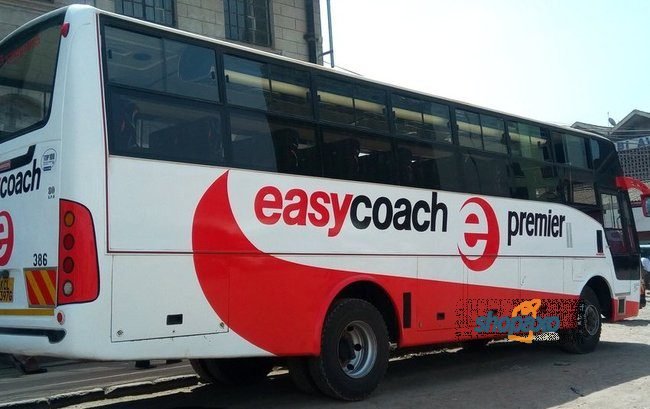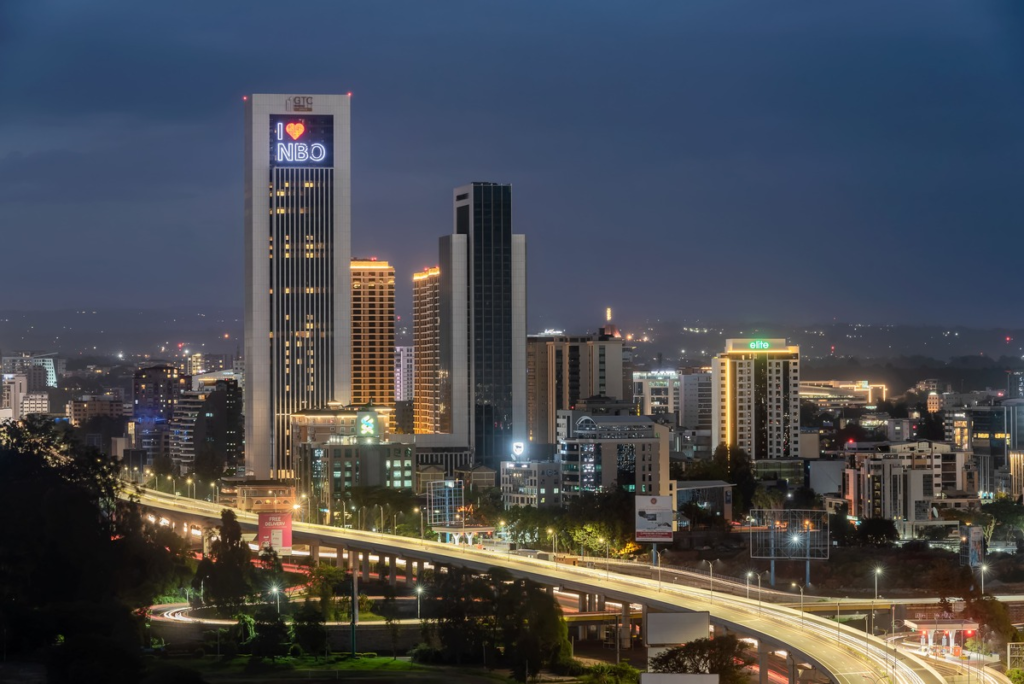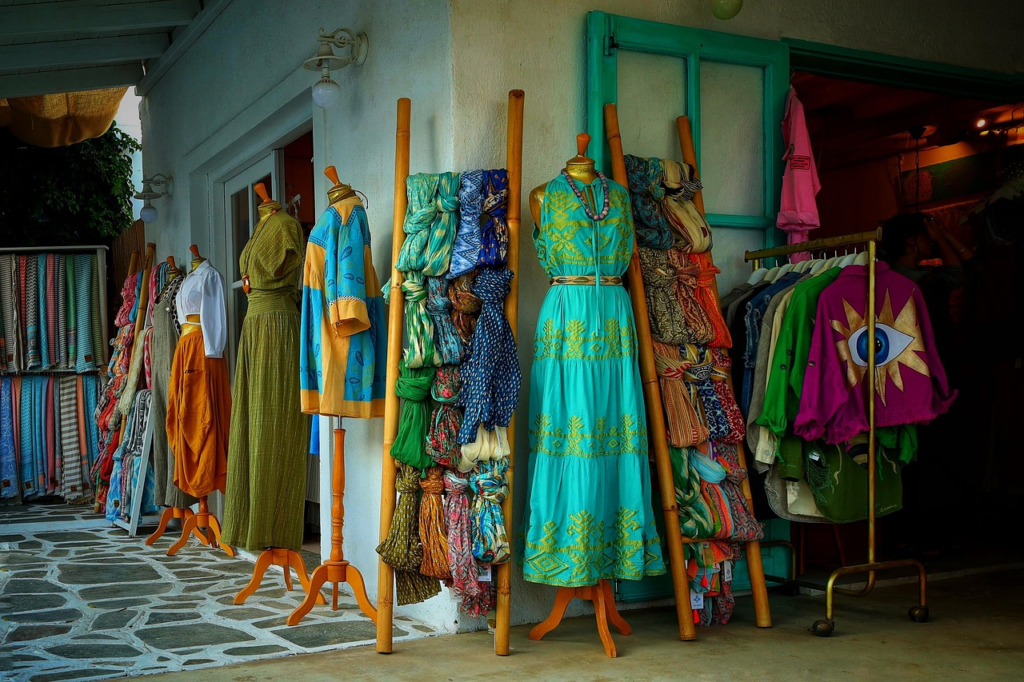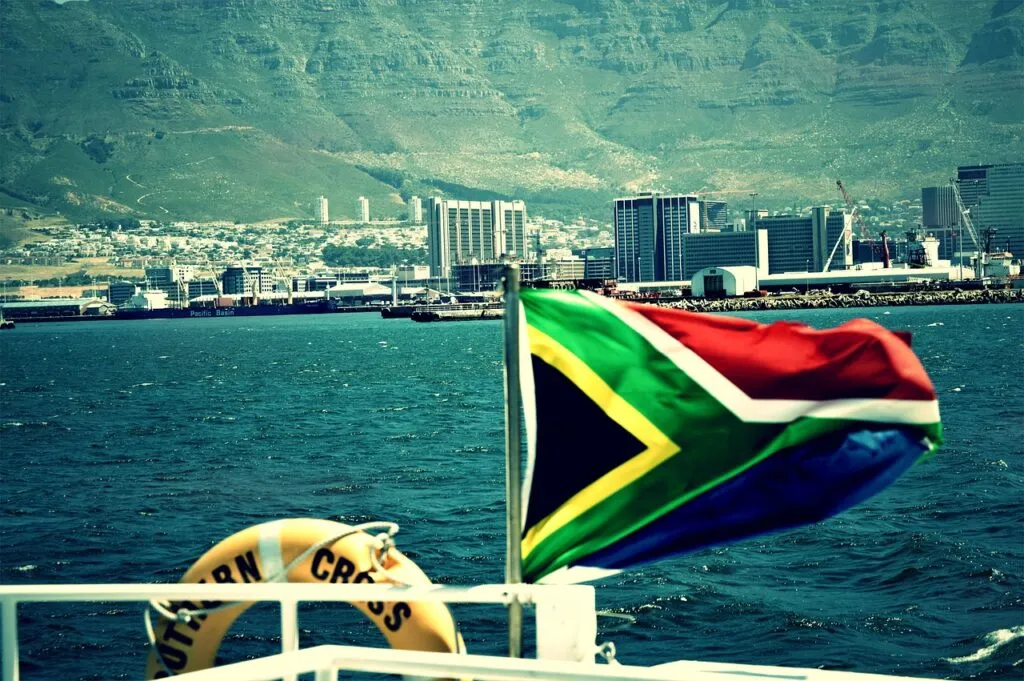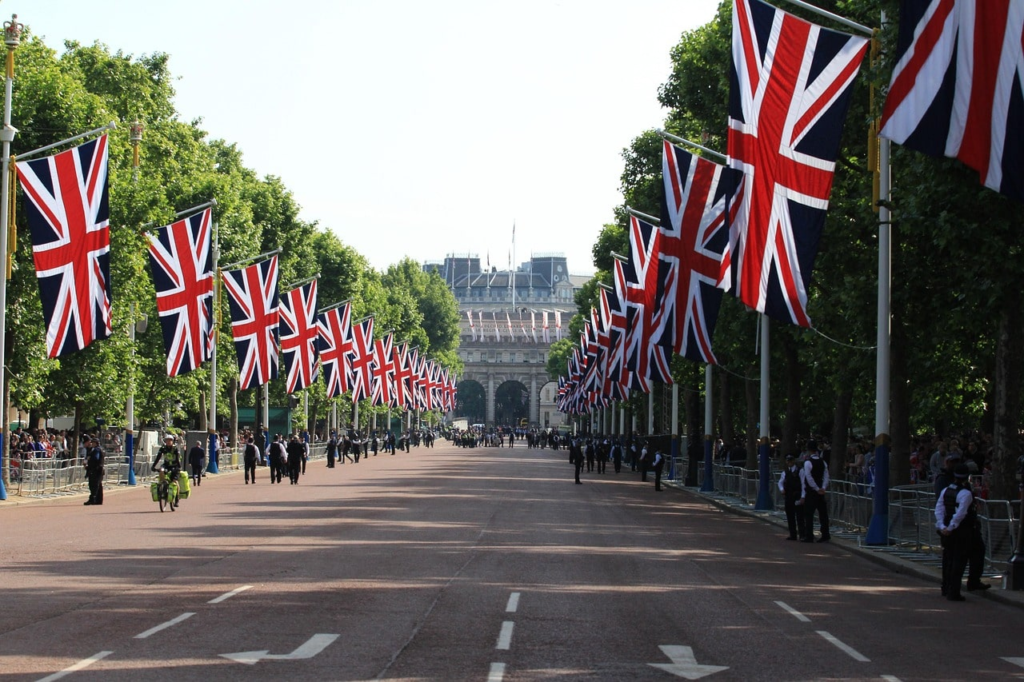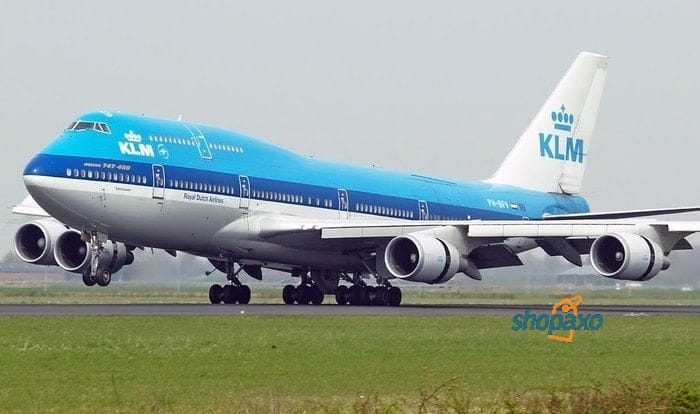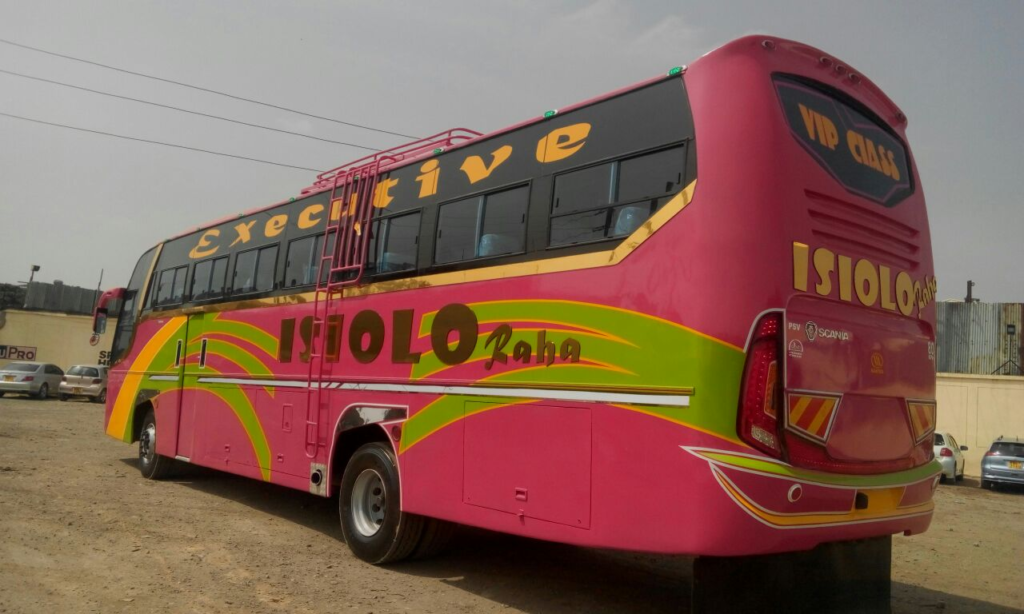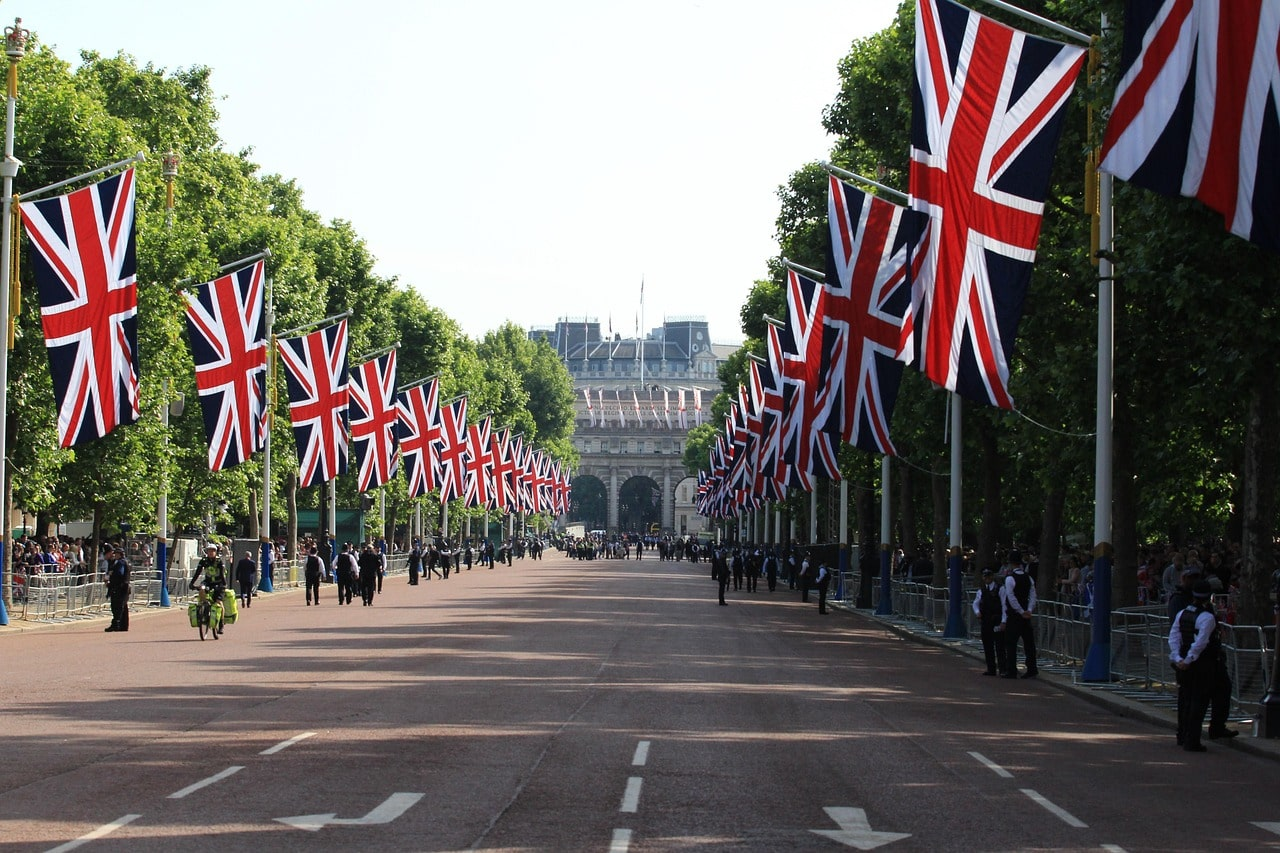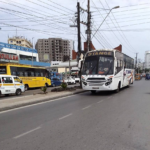
Kenyan Women Arrested at Singapore Airport with 27kg of Cocaine

Summary: On 29 July 2025, four Kenyan women were arrested at Singapore’s Changi Airport after authorities discovered approximately 27 kg of cocaine hidden in luggage. The suspects face serious charges under Singapore’s Misuse of Drugs Act, which can carry the death penalty for large-scale trafficking.
What happened — a clear timeline
| Date | Event |
|---|---|
| 29 July 2025 | Four Kenyan women and a fifth woman (Hong Kong national) detained in Changi Airport transit zone after a luggage exchange aroused suspicion. |
| Same day | Search of luggage revealed roughly 1,300 pellets of cocaine (≈ 26.9 kg) and small quantity of cannabis. |
| Following days | Formal charges prepared under Singapore’s Misuse of Drugs Act; suspects remanded pending prosecution. |
Why this matters: Singapore’s strict drug laws
Singapore enforces some of the world’s toughest drug penalties. Trafficking even small quantities of controlled substances can lead to life-changing sentences, and trafficking over certain thresholds—such as more than 30 grams of cocaine—can attract the death penalty. Cases involving large volumes, cross-border smuggling, or organised syndicates are pursued vigorously.
Common smuggling methods & vulnerabilities
- Hidden goods in luggage: Drugs concealed inside toys, electronics, or soft items.
- Transit luggage exchanges: Transfers in transit zones are exploited because passengers assume fewer checks.
- Pellet ingestion or body concealment: High risk to health and life; used by some criminal rings.
- Recruitment through deception: Vulnerable people offered quick money or fake jobs are often targeted.
Lessons for travellers & families
- Never carry luggage for strangers: If someone asks you to transport a bag, refuse immediately.
- Verify job or travel offers: Check employer details and do not accept cash-only or “easy money” proposals.
- Know local laws: Learn outbound/transit country laws—penalties differ widely.
- Contact consular services if detained: Seek legal representation and consular assistance immediately.
Broader context: a pattern of exploitation
Over recent years, there have been multiple reports of Kenyan nationals—particularly women—being used by transnational syndicates to move illegal drugs. The pattern often involves false promises, coercion or exploitation of economic need. Tackling this requires stronger community awareness, prevention programs, and international cooperation.
Conclusion
The Changi Airport cocaine seizure and the arrest of four Kenyan women is a tragic example of how quickly lives can be upended by trafficking allegations. Beyond the legal consequences, these incidents highlight the need for awareness, cautious travel practices and support systems that reduce vulnerability to criminal recruitment.
Report suspicious offers / Get help
